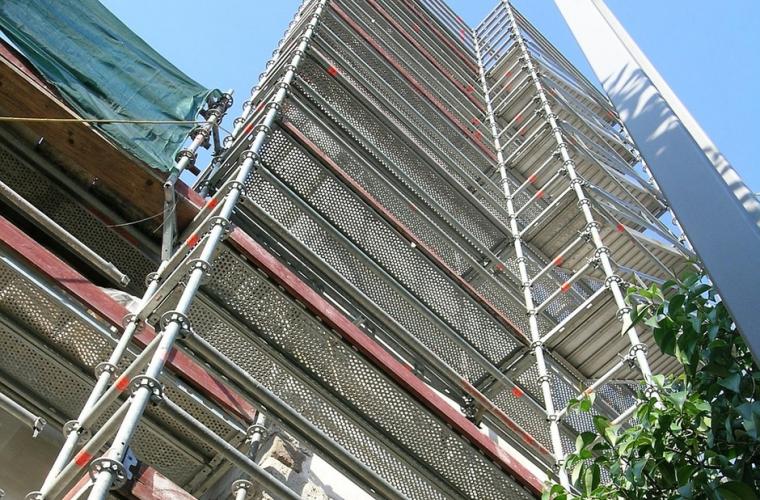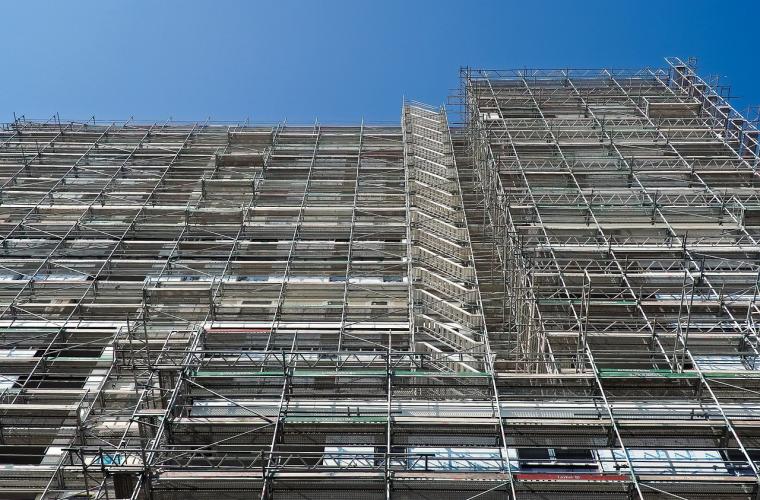The Government’s decision to impose a six-week deadline on developers to sign contracts to fix unsafe buildings has been described as a perfect example of “Hobson’s Choice”.
Earlier this week, Michael Gove, Secretary of State for the Department for Levelling Up, Housing and Communities, revealed developers have received legally binding contracts that will commit them to pay to repair unsafe buildings.
He set a six-week deadline for developers to sign the legal agreements and is warning that companies who fail to sign and comply with the terms of the contract will face significant consequences. Legislation will be brought forward in the spring giving the Secretary of State powers to prevent developers from operating freely in the housing market if they fail to sign and comply with the remediation contract.

It follows months of discussion and dispute between the Government and industry on the proposed funding arrangements. Richard Beresford, chief executive of the National Federation of Builders (NFB), said Mr Gove’s announcement came just 24 hours after his admission of serious Government failures that led to the cladding crisis.
“Michael Gove’s announcement is a case of ‘Hobson’s choice’, as it tells innocent builders to sign a contract with the Government, or they can stop them operating. It’s policy by optics, not serious governance,” he explained.
“The fair and proportionate solution is simple, adopt a polluter pays principle which says, if you’ve done wrong, you will pay to fix your mistake. Perhaps, as Gove admitted that he and his predecessors were at fault, the Government aren’t overly keen on polluter pays.”
The Government have already announced the Residential Property Developer Tax, levying 4% on any developer with profits of more than £25million. And another is currently being consulted on, which targets the entire industry. Yet the public sector, inspectors, architects, designers, politicians, material manufacturers and everyone else in the sector have not faced any challenge.
Worse still, leaseholders remain at wits end because instead of the Government remediating buildings, it is going down a route of policy by optics.
Beresford continued: “The Government appears to be in some listening mode, as they are considering exemptions the NFB put forward on the broader cladding tax; however, it needs to listen a little harder because it is harming its relationship with industry, not helping leaseholders and jeopardising not only the supply of housing but the supply chain to deliver them. Their strategy is unfair, disproportionate, and murky.”
However, Eddie Tuttle, director of policy, external affairs and research at the Chartered Institute of Building, welcomed the announcement by the Government, which he said echoed the findings by Dame Judith Hackitt in her independent review of building regulations and fire safety.
“The Grenfell Tower fire and the subsequent public inquiry highlighted the consequences of deregulation and paved the way for the Building Safety Act, but it also revealed the extent to which profit was being prioritised over building quality and safety,” he said.
“The CIOB is committed to ensuring our industry learns the lessons of the past and works to ensure those who occupy the buildings we create are safe and feel safe in their homes.”




















